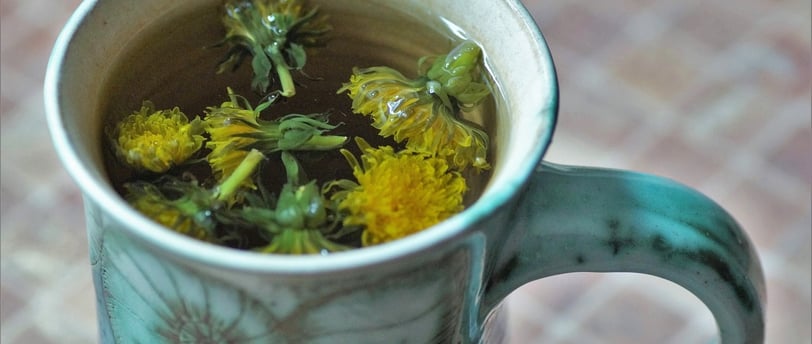Herbal medicine, what is it?
A short explanation.


What is #herbal medicine?
Herbal medicine, also known as herbalism or botanical medicine, is a medical system based on the use of plants or plant extracts that may be eaten or applied to the skin.
Herbal medicine is the connection between foods and medicines. Using herbs and spices that have disease-preventive effect in foods is one of the best ways to take advantage of their healing power.
What conditions is herbal medicine used for?
Nature can give a plant for every disorder, we just need to find it. Here some examples how plants can be used for:
aloe: minor burns, sunburns, skin irritation or inflammation
arnica: bruises, sprains, sore muscles and joints
chamomile: heartburn, indigestion and colic
comfrey: bedsores, diabetic ulcers, certain spider bites
dong quai: (for women and ginseng for men and women): general health and stamina
echinacea: colds, flu, sore throat
garlic: reduce cholesterol and blood pressure, fungal infections and colds
ginger: nausea and motion sickness and as an anti-inflammatory
mullein: chest congestion, bronchial coughs
passionflower: non-sedating relaxation
peppermint tea: indigestion, nausea
tea tree oil: fungal infections
turmeric: combat inflammation and protection against cancer and Alzheimer's disease
valerian: sleeping problems.
This is only a brief overview and can be extended in so many ways. Some of the many safe and effective herbal remedies I listed here, but will ensure to create a deeper understanding in following blogposts of individual plants. Keep yourself updated. Of course you need to find out, which suites you individually.
What should you expect on a visit to a practitioner of herbal medicine?
Most visits to an herbalist begin with a consultation about your #health history, your dietary and lifestyle practices, or other factors related to your health issue. Then, the herbalist, with your involvement, should develop an integrated herbal program that addresses your specific health needs and concerns.
Are there any side effects or conditions where herbal medicine should be avoided?
Yes. When taking medication, you should investigate possible interactions with an herbal remedy. Be careful about mixing herbs and drugs that have similar actions. It is also best to stop taking any herbs at least 10-14 days before surgery, and do not forgett to tell your doctor that you've been taking them. While Pregnancy it is best to avoid taking any herbs during pregnancy, especially the first trimester. Women who are breastfeeding should avoid most medicinal herbs for the first four to six months of a baby's life. And notice that herbal remedies which are safe for adults may not be safe for children.
Are there other therapies that might work well in conjunction with herbal medicine?
Herbal medicine is considered most effective when used as part of a program of natural treatment that includes dietary, proper exercise, stress reduction, and mobilization of mental resources.


